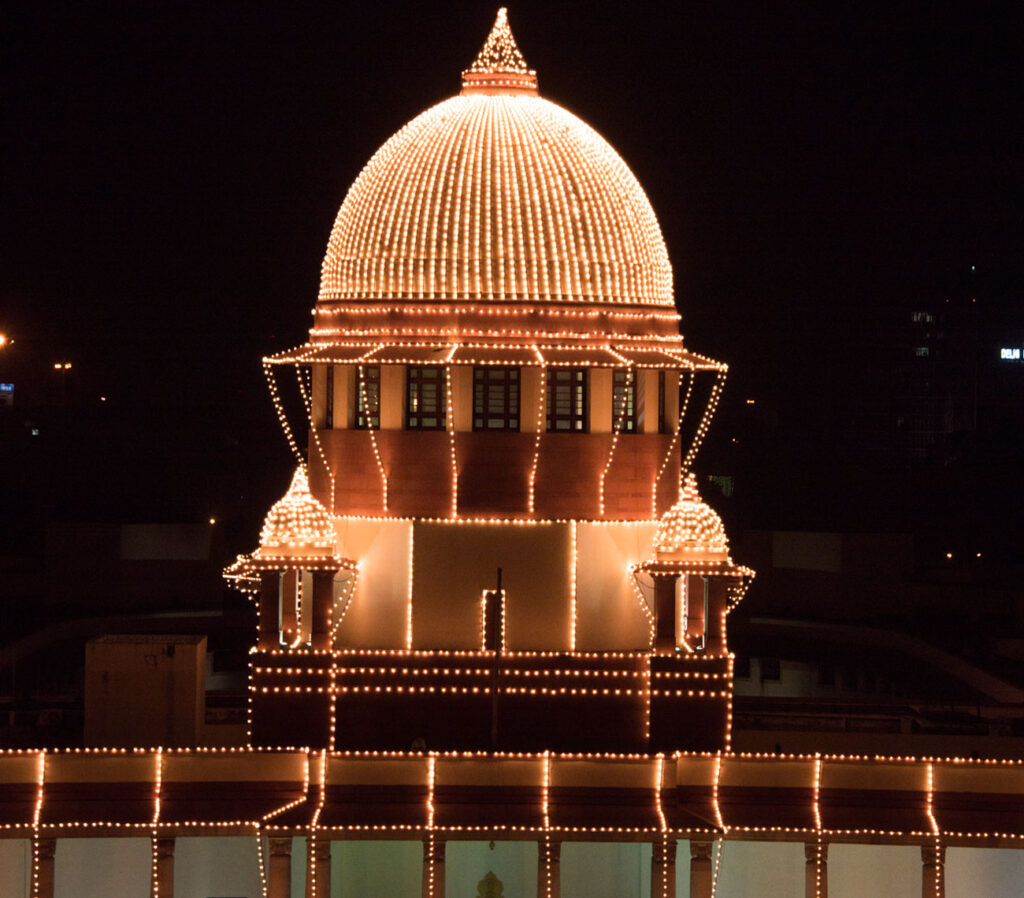New Delhi, March 24.
Mere membership of a banned outfit is now per se a crime, as per a new ruling delivered by the Supreme Court on Friday. In declaring so the top court set aside a decade old law laid down in the Anup Bhuyan case.
In the 2011 case, a bench headed by former judge Markandey Katju, had held that mere membership of a banned outfit will not make a person a criminal, unless he resorts to violence or incites people to violence or creates public disorder by violence or incitement to violence.
Today, a bench led by Justice M.R. Shah, said that Parliament had specifically laid down in the Unlawful Activities Prevention Act (UAPA) that continuing with membership of a banned outfit would be a crime and it would be punishable by a jail term of two years.
Seen in this historical context, the bench said, continuing with membership would mean a conscious decision to stay in the outfit after it was banned. This would per se be a crime. The bench said that no “overt act” of violence and “mens rea” was required to prove the offence.
The former law was wrong on two counts, the bench said. One, it was passed in a bail case in which the provisions of UAPA were not under challenge on the grounds of constitutionality and the other, was that the government or union was not heard during the proceedings.
The bench also criticised the earlier ruling for going by American precedents when the law in India was different. The right to speech and expression guaranteed to all citizens by the Indian Constitution is not absolute.
It can be subjected to reasonable restrictions laid down by law on the ground of public order and sovereignty. In the US these rights are absolute. This difference was ignored in the earlier ruling, it said. The top court ruling reflects the government view.
The central government had sought a review of the 2011 ruling on the ground that it was necessary to protect the country’s unity and integrity.
Solicitor General Tushar Mehta praised the ruling saying it was a “historical judgement” which would go a long way in protecting the country’s “sovereignty”.
In the 2011 ruling, Justice Katju had said that the law not intended to penalise innocent persons who may have been members of an outfit without realising its real nature. Or the nature of the outfit was not known to them.
The court had said this in two cases one from Assam and another from Kerala, both involving bail for two persons who were members of banned outfits.
Justice Katju’s ruling said that membership would be held against a person only if he had been actively involved in some violence or overt act of violence or incited violence.
This, the government felt, was prejudicial to its attempts to take action against banned outfits.
Justice Shah said that the government of India bans outfits after due application of mind. Once, the outfit is banned, continuing with membership would be a conscious decision and must be treated as an offence.
The law was clear and hence could not have been read down, especially in absence of the union and this had caused “enormous harm”, it said.

